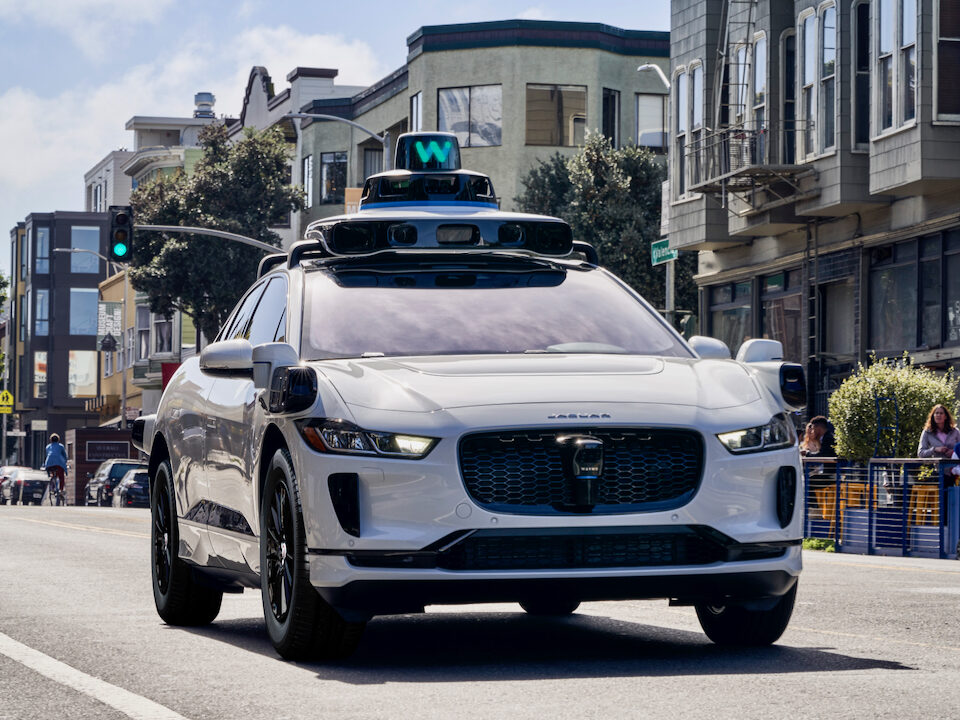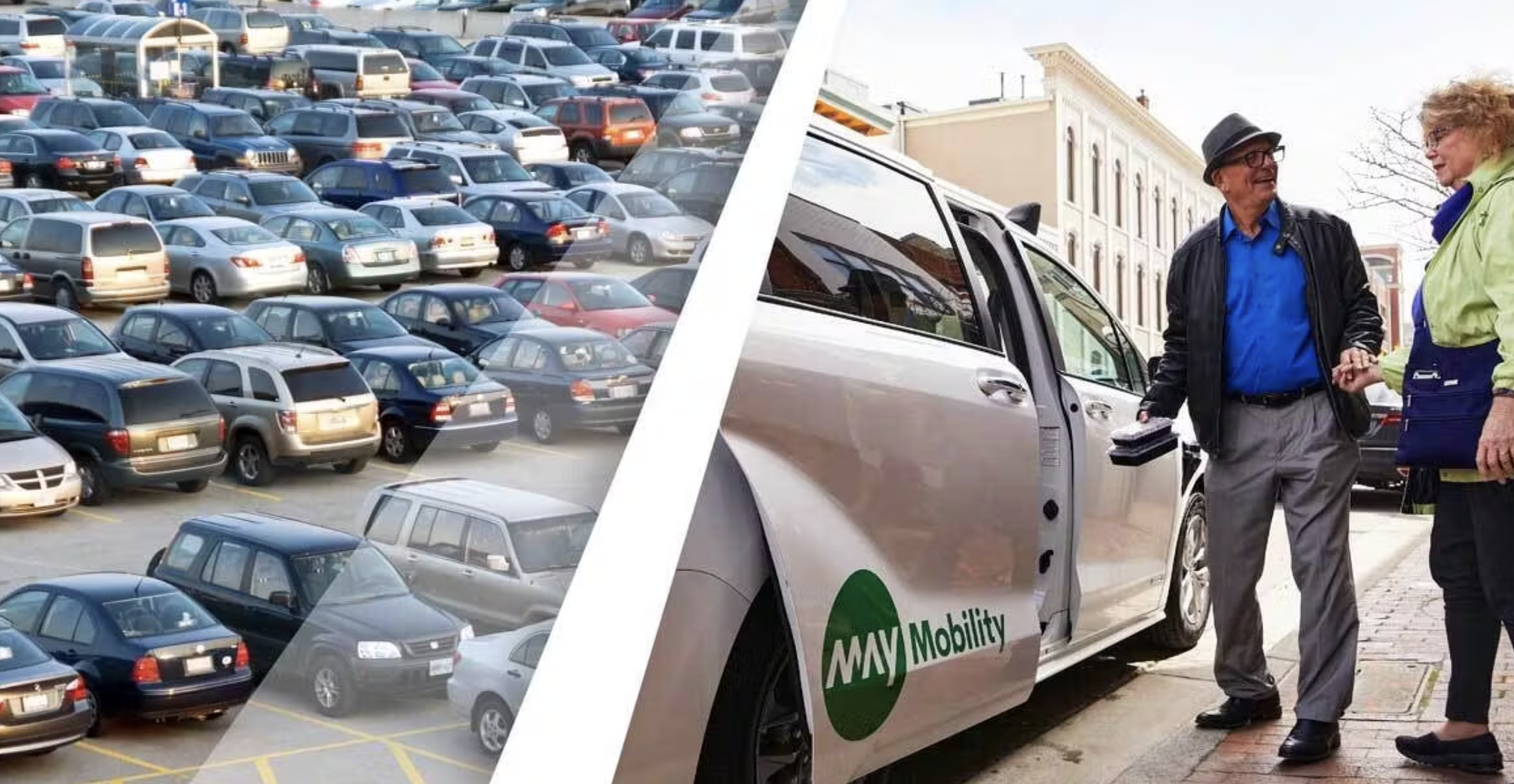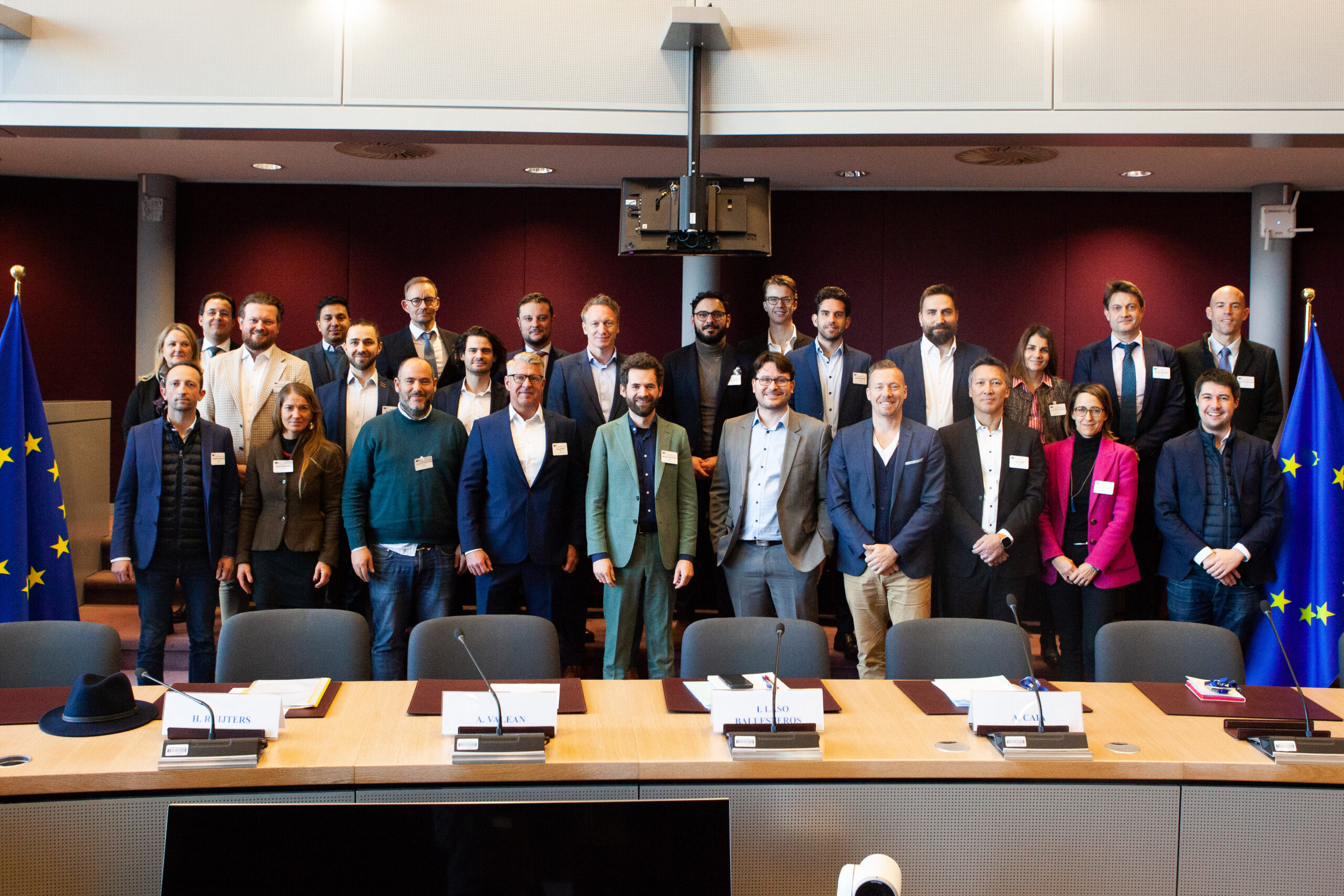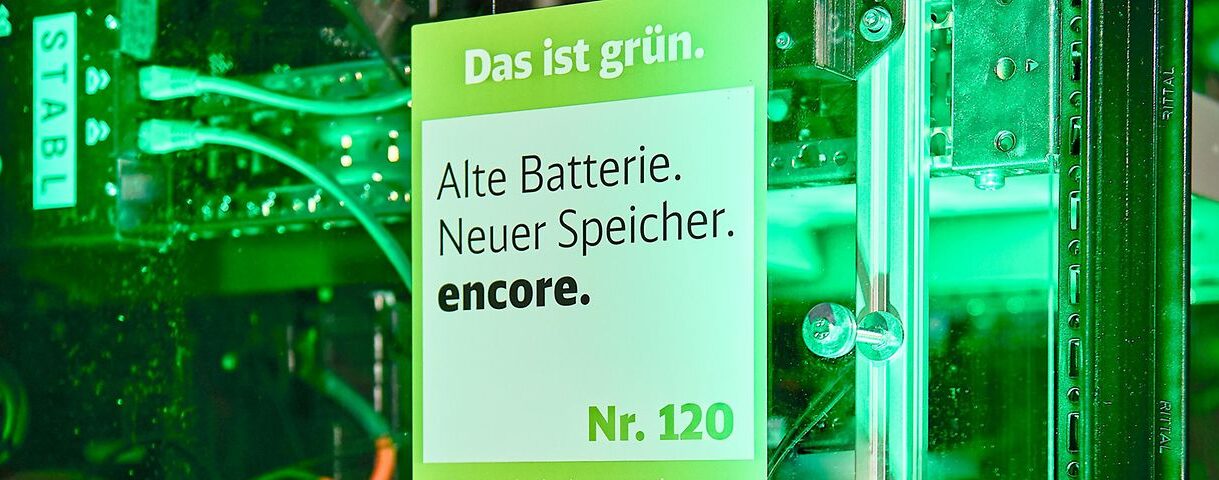Campaign for Better Transport has published a report revealing that 49 percent of people supported replacing fuel duty and vehicle excise duty with a pay-as-you-drive scheme, while only 18 percent opposed the idea.
Throughout this research, Campaign for Better Transport examined views on road pricing from over 3,000 adults living in the UK.
It found that 60 percent of people believed vehicle taxation needed reforming, with 49 percent supporting the idea of a pay-as-you-drive scheme.
This support grew by eight percentage points (from 41 percent to 49 percent) once the survey recipients were presented with information about how the scheme could be delivered, showing that some initial concerns around road pricing could be overcome.

Paul Tuohy, Chief Executive of Campaign for Better Transport, said:The need to reform vehicle taxation is becoming increasingly clear as we rightly move away from petrol and diesel vehicles in order to tackle climate change. What this research shows is that road pricing, far from being an unacceptable concept to the public, is in fact one that the majority of people believe can be implemented fairly and could in fact save most drivers money.
Campaign for Better Transport’s report found that people thought a well-designed pay-as-you-drive system would be a fairer and more transparent way to structure how drivers are taxed. This is because it would include electric vehicle (EV) drivers and would ensure people who drive less, pay less. Currently, electric vehicles are zero-rated for vehicle excise duty, for example, so drivers of EVs don’t pay any VED.
The proposed scheme would include measures such as a tax-free mileage allowance that would enable targeted tax cuts to specific groups, such as those who live in places where there are no public transport alternatives.
The report also found that certain additional measures would further increase public support for a pay-as-you-drive scheme:
- Ensuring tax intake keeps pace with the increase of zero-emission vehicles
- A government campaign to introduce the scheme which focuses on the ‘drive less – pay less’ benefits to help with the cost-of-living crisis
- A proportion of the revenue to be set aside for road maintenance and public transport improvements
- An arm’s length body to set and review emission standards and charging rates annually
Silviya Barrett, Head of Research at Campaign for Better Transport, said:Our research found that many of the common concerns around road pricing, things like protecting people’s privacy and not penalising people who need to drive, can be overcome with a well-designed pay-as-you-drive scheme. In fact, support for road pricing increased among the survey group over the course of the research once the scheme was fully explained, proving that public concerns about road pricing can be overcome.
Campaign for Better Transport’s report concludes that a pay-as-you-drive system could progress in stages from a pilot for electric vehicles, to replacing fuel duty and vehicle excise duty with a fully smart scheme with a varied pricing structure.
The organisation is now calling on the government to establish a cross-party commission to help secure agreement on the reform, with the view of having a pay-as-you-drive scheme ready to be implemented by 2025.
Campaign for Better Transport’s full report can be read here.











